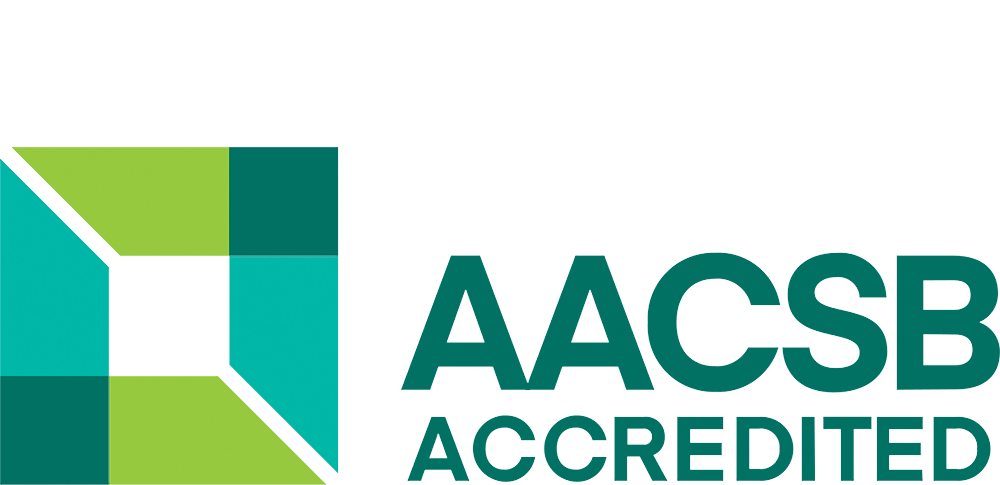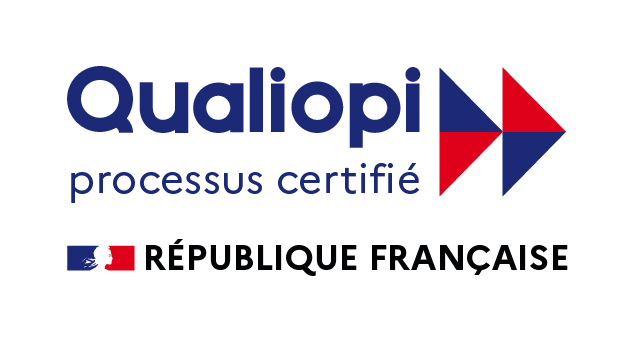31 Jan

Experience IPAG on the Thionville-Luxembourg campus!
Experience IPAG on the Thionville-Luxembourg campus!


Intake
Pace
Graduation diploma
 French
French
Presentation
At a time when digital technologies are profoundly redefining internal operations, production methods, and interactions with stakeholders, artificial intelligence (AI) is emerging as a major strategic lever for organizations.
From data collection to generating recommendations, from process automation to personalizing the customer experience, AI is transforming not only tools and practices, but also corporate cultures and management models.
For organizations, the challenge is twofold: to fully exploit the opportunities offered by AI—productivity gains, innovation, increased agility—while anticipating and managing the associated risks—algorithmic bias, data sovereignty, impacts on employment and ethics. This introspection leads us to ask: how and to what extent does AI influence organizations today, what are the levers for success, and what constraints must be taken into account?



Objectives
Trainer
Tessa RENAUDON

Strategic consultant specializing in AI-enhanced productivity and digital transformation
Tessa works with companies, entrepreneurs, and local authorities to promote the ethical, effective, and humane use of artificial intelligence.
A former consultant at Google for over five years,
she has supported hundreds of companies—including microbusinesses, SMEs, and large corporations (Bureau Vallée, Caudalie, EDF, Air Caraïbes, etc.)—in developing their digital activities, digitizing their processes, and upskilling their teams.
Her approach is based on solid field experience, combining active teaching, sustainable performance, and pragmatic innovation. A professional coach certified by the International Coaching Federation (ICF) and EMCC Global, she has logged over 300 hours of practice and has supported more than 170 people in their professional development and individual performance.
She also held the position of Key Account Manager at 360Learning, an expert in collaborative training and digital learning software, where she led the adoption of corporate learning solutions and trained numerous HR managers and executives in educational transformation.
pedagogical.
She also worked as Key Account Manager at 360Learning, a pioneer in collaborative training and AI-enhanced digital training. In this role, she helped deploy innovative training programs within large organizations, promoting the adoption of modern, participatory, learner-centered teaching methods. Today, she designs and delivers customized training courses on digital innovation, operational performance, and applied AI, using a clear, participatory, and results-oriented approach.
Teaching methods
1-Decoding AI and its challenges for public/private services (morning)
Understanding and demystifying AI in local authorities
What is AI?
The main types of AI
Practical cases: the main areas of application
Ethical and societal issues
Workshop 1
Mapping AI in my organization:
Identify current uses, opportunities, and internal barriers. Each participant identifies an area in their work where AI could bring concrete benefits (time, simplification, quality).
2- Supporting organizational change and evolving practices (afternoon)
Understand how AI is transforming professions, practices, and managerial approaches.
The impact of AI on organizations and public/private services.
Identify internal processes conducive to automation.
The manager's attitude towards innovation
Digital culture and gradual acculturation
Workshop 2
Reinventing a service with AI:
Work in small groups on a practical case study of improving a citizen service through AI. Case study: imagine a concrete use of
AI in a public/private service (communication, HR, etc.).
1- Explore available tools and identify best practices (morning)
Discover concrete and secure solutions to improve the performance and quality of public/private services.
Overview of accessible and relevant AI tools (ChatGPT, Copilot, Notion AI, Perplexity) for everyday use by teams.
Illustrated use cases
Limitations to be aware of
Best practices for responsible and ethical use.
Guided demonstrations.
Workshop 3.
Testing AI live:
Practical exercises tailored to the context of organizations: role-playing based on simple everyday scenarios: text creation, meeting summaries, internal memos, citizen messages, analysis, reporting.
2- Building your responsible AI roadmap (afternoon)
Provide participants with a method for integrating AI into their processes in a measured and ethical manner.
Define an AI strategy tailored to your management style.
Identify effectiveness indicators and conditions for success.
Integrate digital sobriety and ethics into implementation.
Anticipate training, communication, and support needs.
Steer an AI approach.
Workshop 4
Building my responsible AI strategy:
Formalizing an individual or team action plan. Each participant formalizes a concrete action plan to initiate the approach in their department.
Application
Contact